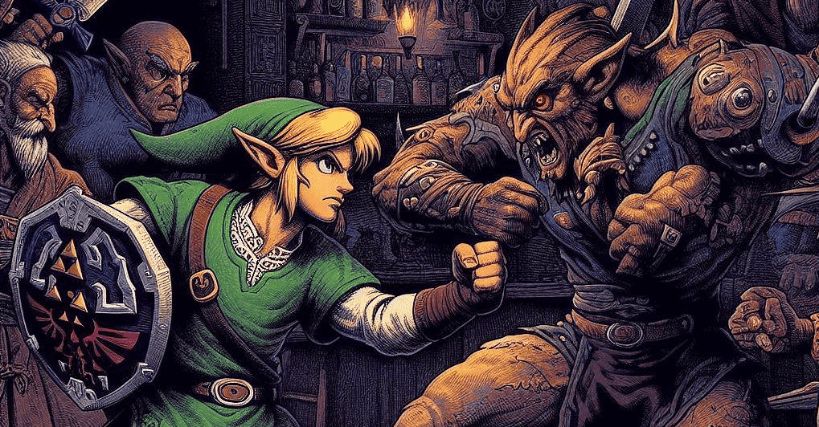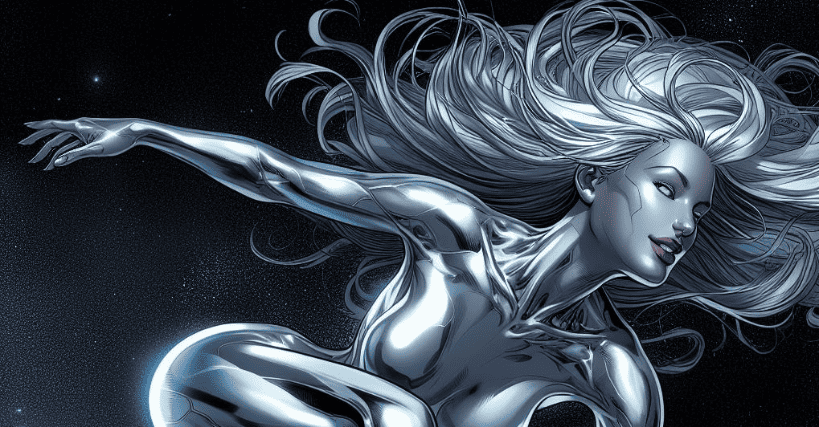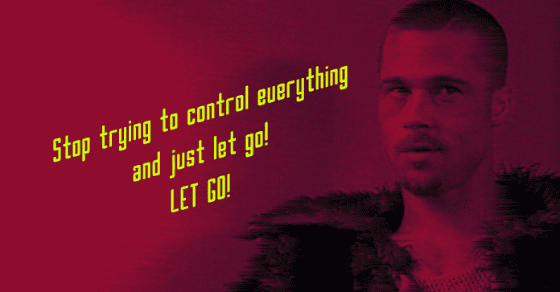
Just Let Go: The Philosophy of Fight Club
“Fight Club,” both the novel by Chuck Palahniuk and the film adaptation directed by David Fincher, delves into the dark and complex world of its protagonist, who finds himself disillusioned with modern consumerism and masculinity. At its core, the philosophy of “Fight Club” can be summed up by one recurring phrase: “Just let go.” This seemingly simple directive encapsulates the central themes of the story, which revolve around breaking free from societal norms, embracing chaos, and finding one’s true self. In this article, we explore the deeper meaning behind “Just let go” and its relevance in the context of the film and novel.
The Conformity Trap
At the heart of “Fight Club” lies a critique of consumer culture and conformity. The nameless narrator, played by Edward Norton in the film, lives a mundane life, working a desk job, and obsessively collecting furniture and clothing to fill the void in his existence. He’s become a victim of a society that equates material possessions with happiness and success. “Just let go” encourages him, and the audience, to break free from these artificial constraints.
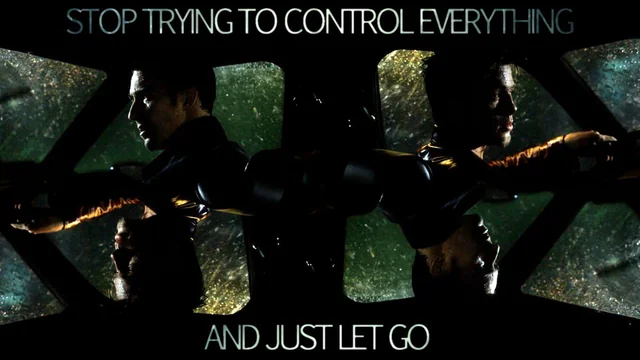
The Philosophy of Chaos
“Fight Club” advocates the liberation of the human spirit through chaos and rebellion. By forming an underground fight club, the narrator and his charismatic alter-ego, Tyler Durden (played by Brad Pitt), create a space where men can embrace their primal instincts and regain a sense of masculinity that has been stripped away by consumer culture. In a world where everything is meticulously planned and controlled, chaos becomes a form of catharsis.
The Erasure of the Ego
“Just let go” is a call to shed one’s ego and embrace a more authentic self. The narrator’s transformation into Tyler Durden is symbolic of this process. By distancing himself from his corporate, consumer-driven identity, he finds liberation. His journey leads him to question the definitions of success, masculinity, and individuality. It encourages viewers and readers to reevaluate their own lives and consider what aspects of their identity are genuine and which are manufactured.
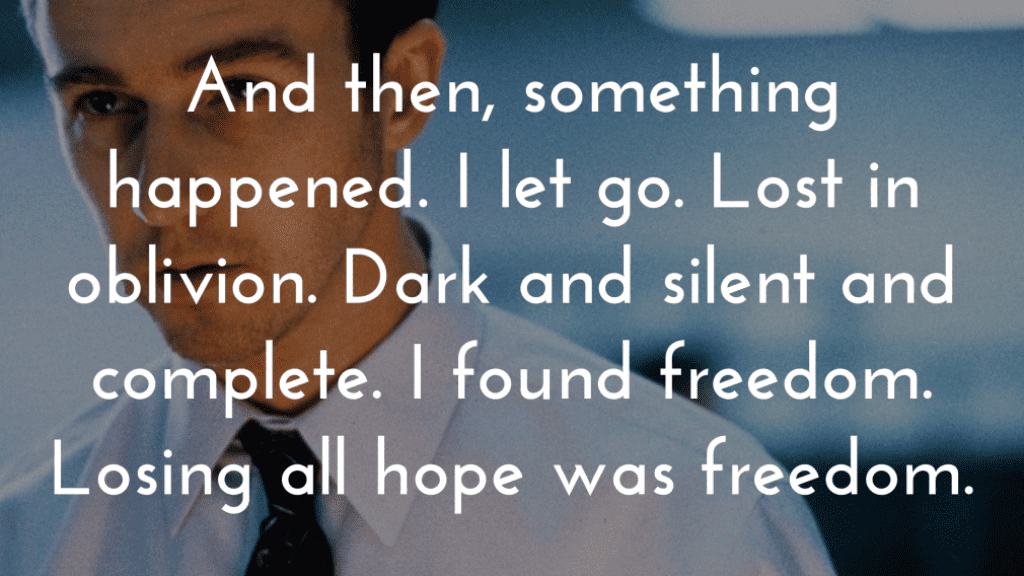
The Destructive Path
While “Fight Club” promotes the philosophy of “Just let go,” it also underscores the consequences of embracing chaos and anarchy without restraint. The film and the novel highlight the dangers of unchecked rebellion and the fine line between empowerment and self-destruction. As the story unfolds, the boundaries between activism, anarchy, and terrorism blur, showcasing the importance of finding balance in one’s quest for authenticity.
“Just let go” encapsulates the multifaceted philosophy of “Fight Club.” It encourages individuals to break free from the shackles of consumer culture and conformity, embrace chaos as a means of self-discovery, and challenge their own egos to find their authentic selves. However, the story also serves as a cautionary tale about the dangers of unchecked rebellion and the need to maintain a balance between self-discovery and societal responsibility. Ultimately, the philosophy of “Fight Club” prompts us to reevaluate our lives, question our priorities, and find our own path to authenticity in a world that often encourages conformity and materialism.

